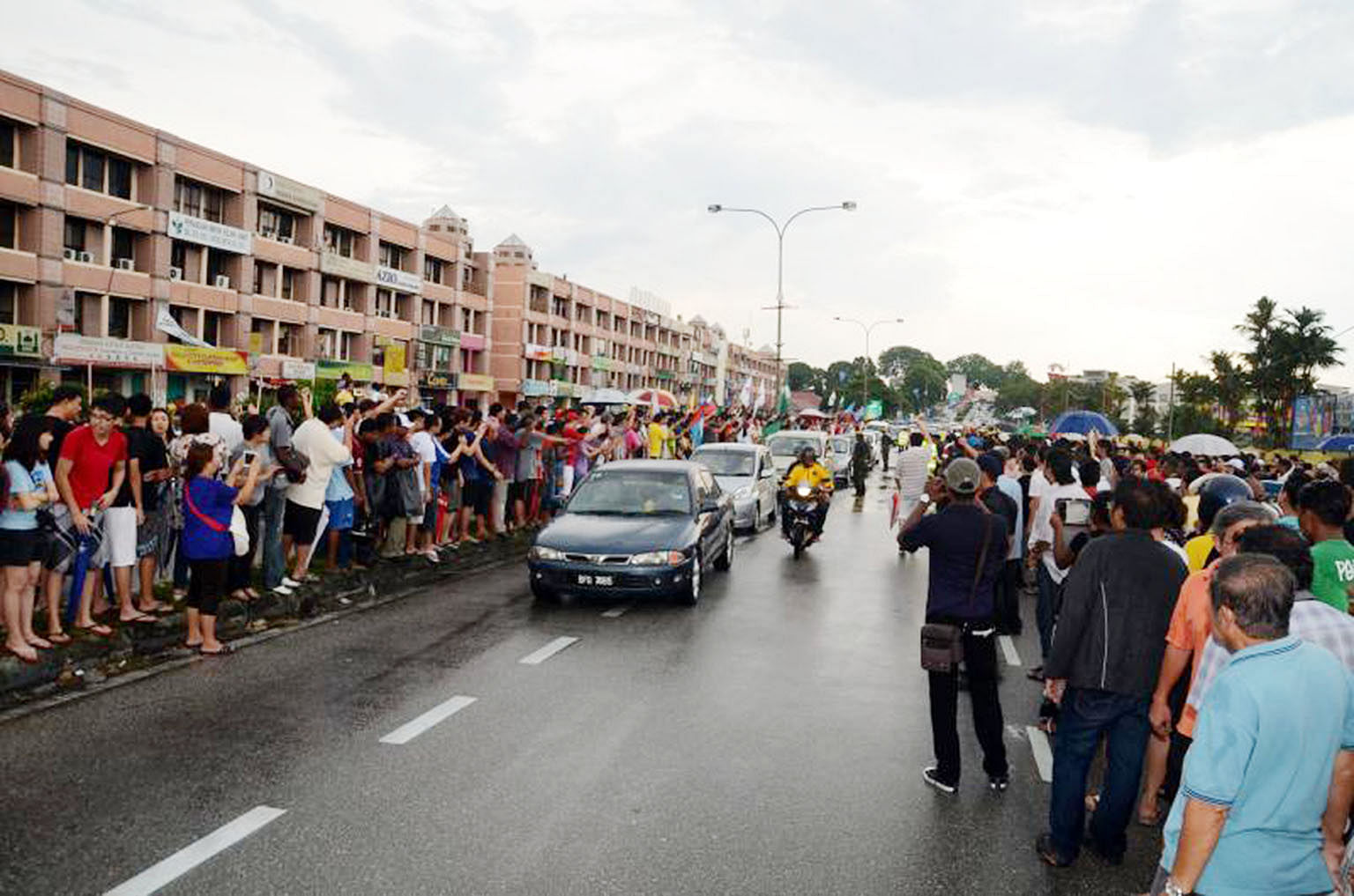KUALA LUMPUR • No, there is no tsunami heading for Penang.
No, a syndicate of organ thieves is not targeting children in Kota Kinabalu, Sabah.
No, many of Malaysia's major e-banking and online retail sites are not affected by the WannaCry ransomware attack.
These are just a few examples from the myriad of messages and posts propagating fake news circulating on social media in Malaysia.
At a time when more news is consumed online, it comes as little surprise that instances of fake news are on the rise in a country with 70 per cent Internet penetration.
According to the Digital News Report 2017 by the Reuters Institute for the Study of Journalism at Oxford University, 86 per cent of its Malaysian respondents said they got their news online, with 67 per cent also saying they used social media as a news source.
The prevalence of online media consumption and a general tendency to not verify content have formed the perfect environment for the spread of fake news, which can have grievous consequences.
One case that cannot be forgotten was during the 2013 General Election, when word spread that the government was bringing in 40,000 Bangladeshi nationals to vote for the ruling coalition.
Despite denials by the authorities, a witch hunt by the opposition and the public ensued on polling day, calling out and questioning those deemed "foreign looking".
One person caught in this was Mr Chua Lai Fatt, who was of Indian parentage but had been adopted by a Chinese family, and had been publicly used as an example of a "phantom voter" due to the perceived incongruity between his name and appearance.

Besides damaging the reputation of an individual, fake news stoked distrust and antagonism against the country's migrant worker communities.
But the consequences of fake news are not felt only in the social sphere. There have been cases with financial repercussions too.
In April, shoe company Bata Primavera said it had lost more than RM500,000 (S$161,000) in one month after an allegation that it stocked shoes with the word "Allah" on the soles went viral.
The company was forced to withdraw 70,000 pairs of one of its school shoes from stores nationwide.
The authorities later cleared the company of the allegations, but the damage was already done to its reputation.
In response to the growing tide of fake news in Malaysia, the government launched the sebenarnya.my portal in March, a website dedicated to checking the authenticity of news spread on social media.
The website's work is similar to the popular fact-checking website Snopes, but focuses solely on viral stories being spread in Malaysia.
At the same time, the Malaysian Communications and Multimedia Commission (MCMC) has come down hard on social media accounts set up solely to spread fake news.
It has been reported that the commission has taken action against 3,047 fake accounts on various social media platforms.
Last year, the MCMC held media literacy classes for about 900,000 people, showing them examples of fake stories and how to spot them.
Still, Malaysia faces an uphill battle in fighting fake news.
Media organisations have also joined in the fight with The Star's True or Not section on its website, which lists debunked or verified local viral news stories, leading in efforts to combat fake news.
But despite all the attempts to educate the public on the matter, it appears that many Malaysians still cannot tell the difference between real and fake stories.
THE STAR/ASIA NEWS NETWORK

